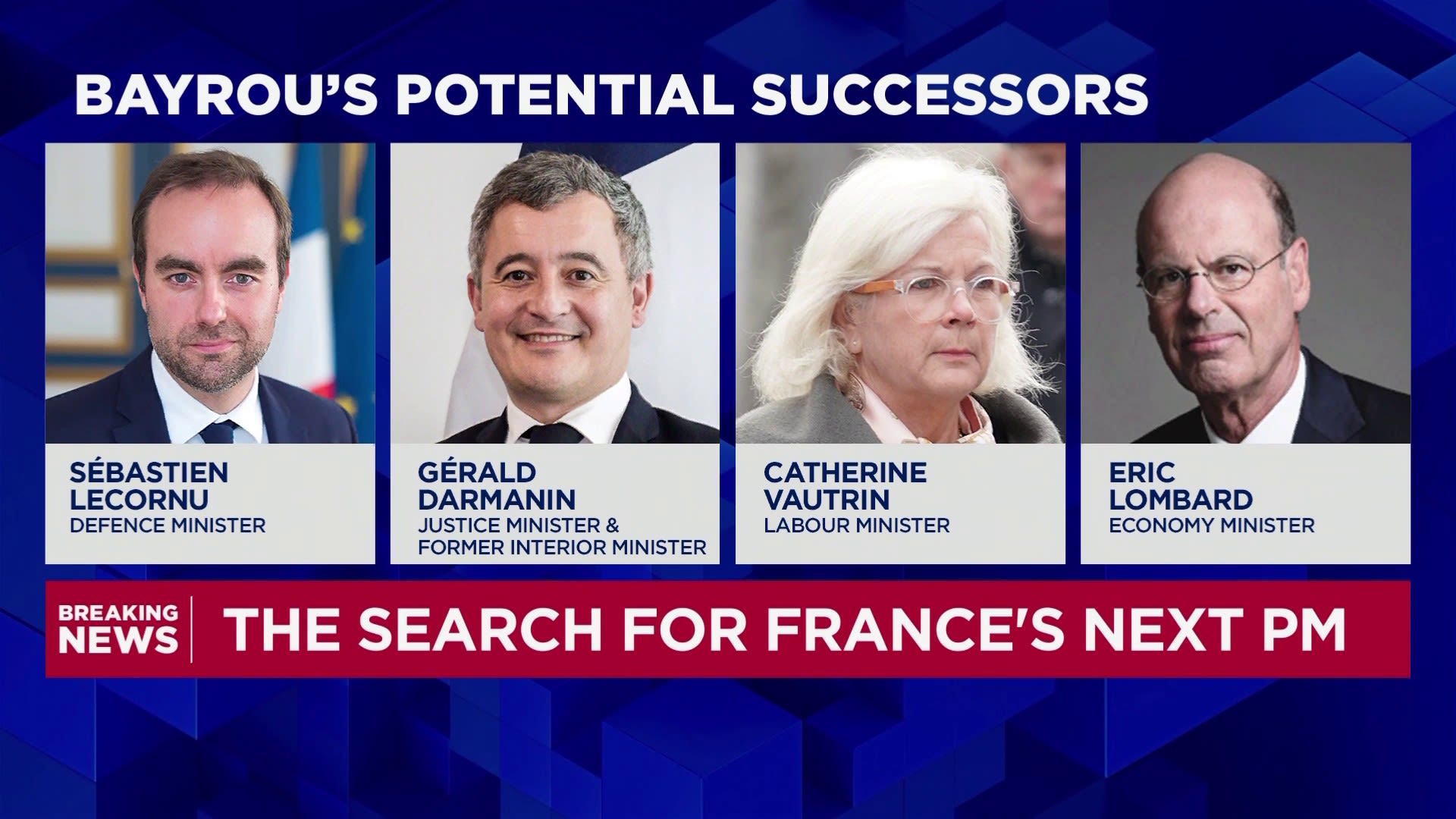French Prime Minister Francois Bayrou has lost a confidence vote in parliament, resulting in the dissolution of his government after just nine months in office. This decision marks a significant shift in the French political landscape, as it is the fifth change in leadership within two years, raising questions about the stability of governance in the country.
The vote, held on September 29, 2023, saw Bayrou’s administration fail to secure the necessary support from legislators. The French Parliament has been increasingly fragmented, with various parties vying for influence, making it difficult for any single leader to maintain a cohesive government. Bayrou’s tenure was marked by challenges, including economic pressures and public dissatisfaction, which ultimately contributed to this latest political crisis.
Implications of the Confidence Vote
The implications of this vote extend beyond the immediate resignation of Bayrou. It underscores the ongoing turbulence within French politics, particularly as the country navigates economic recovery efforts post-pandemic. With rising inflation and energy costs, the next leader will face a daunting task in restoring public confidence while managing these pressing issues.
Political analysts suggest that this instability could hinder France’s role within the European Union, where cohesive leadership is crucial for addressing shared challenges such as climate change and economic recovery. The uncertainty surrounding the leadership transition could also affect France’s international standing, particularly in negotiations on key issues affecting the bloc.
As the search for a new Prime Minister begins, potential candidates will likely need to demonstrate a strong ability to unite the diverse factions within the parliament. The challenge will be to form a government that reflects the interests of a fractured electorate while tackling the pressing economic issues that have dominated public discourse.
Looking Ahead
The political landscape in France is set for further upheaval, with discussions already underway regarding who will succeed Bayrou. Names being floated include seasoned politicians who have previously held ministerial positions, as well as fresh faces eager to bring new ideas to the forefront.
Regardless of who takes the helm, the next Prime Minister will need to quickly establish a clear agenda that resonates with both legislators and the public. With a general election looming in the near future, the pressure will be on to deliver results swiftly, especially in light of the current economic challenges facing the nation.
This latest confidence vote is a reminder of just how volatile the political climate can be in France, as leaders grapple with the complexities of governance in a democratic society. The ramifications of this change are likely to be felt for some time, as citizens await a new direction and renewed stability.
